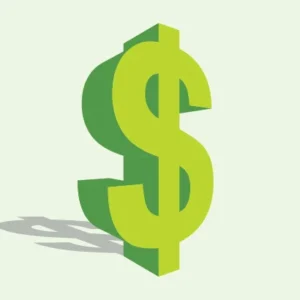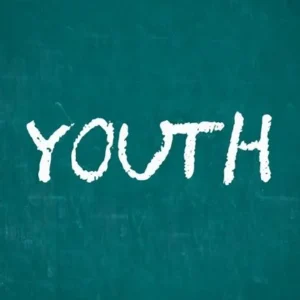El Gouna Film Festival (GFF), in partnership with the United Nations World Food Programme (WFP) Egypt, dedicated its 8th edition to raising awareness about food security, one of the world’s most pressing challenges. The festival’s opening night on World Food Day (16 October) launched a week-long series of events highlighting the fight against hunger and the importance of resilience. This collaboration marks the start of a multi-year agreement between GFF and the UN in Egypt, with each future festival edition focusing on a different development theme.
WFP Representative and Country Director Jean-Pierre de Margerie emphasized that food security is not merely a policy issue but a human story, and that art and cinema can play a transformative role in shaping public understanding and action. Guests at the opening night received symbolic items, including hand fans designed by children supported by WFP and pins combining motifs of bread, wheat, and film, worn by celebrities and industry leaders to show their support. GFF Executive Director Amr Mansi highlighted that the partnership demonstrates how storytelling can translate into social impact, making this year’s focus on food security both symbolic and actionable.
To bring the theme to life, the festival features several initiatives, including the “Eish” short film competition, now in its second edition. Named after the Arabic word for bread and life, the competition invites filmmakers from across the region to submit concepts exploring food security and resilience. The winning idea will receive production support the following year, turning creative stories into impactful short films.
At the GFF pavilion, visitors can experience an interactive installation that highlights bread as a global staple and a symbol of food security. The exhibit provides an immersive understanding of how WFP works with vulnerable communities to ensure access to food. In addition, a charity cycling marathon organized with El Gouna City will donate funds to WFP Egypt based on the distance cycled, further engaging the public in the cause.
Through these initiatives, GFF and WFP aim to use cinema and storytelling as tools to spark conversation and inspire action, encouraging audiences to contribute to a future where every person has access to sufficient and nutritious food.







